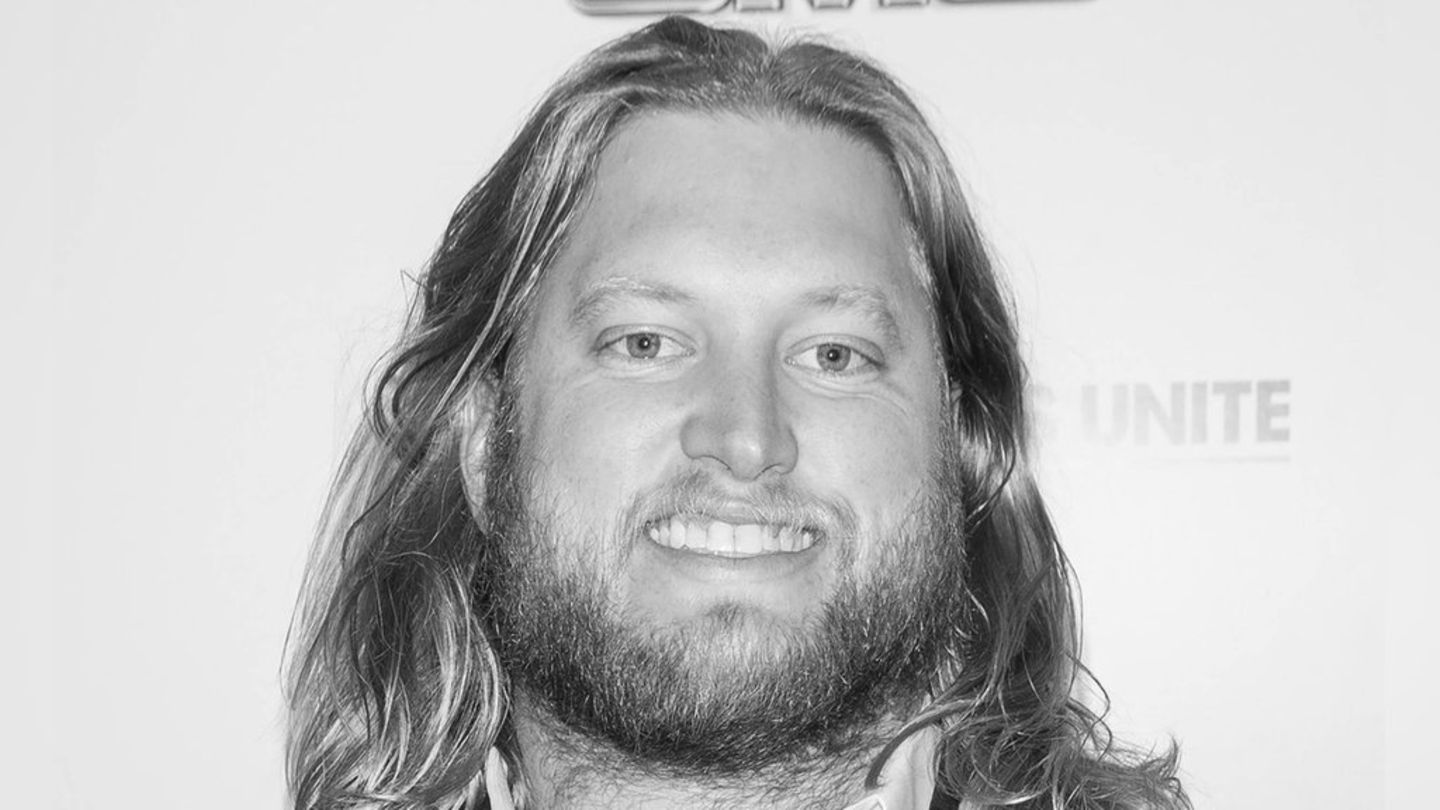If I came to a peace city, how would I recognize it? For a long time I thought Damascus, my birthplace, to be the city of peace. But on Sunday, November 5, 2014, everything changed for good. When I woke up, I found that the crashing and the din of war had increased, as if to announce something urgent to me. Apparently, fighting was gradually but steadily approaching the capital. My love for Damascus suffered so much under the rule of the dictatorship and the war that I wouldn’t have felt bad if I left it. I began to hate and scold my beloved Damascus. I wanted out of this hell. I no longer existed. I was long dead in this hell at home. The dictatorship bases its legitimacy on the fact that without it there would be no peace. It thrives on the fact that people are not allowed to develop and are always kept small, and uses propaganda to make it difficult for them to access their inner peace so that they remain manageable and dependent. Humans only exist more as a nation, as a crowd of people united in the glorification of the Eternal Leader.
The draft order
My call-up order arrived at noon. I had to join the military. I did not want that. I didn’t want to die to keep the dictatorship alive. I didn’t want to fight and become part of the cycle of violence to keep my inner peace. Violence first harms the perpetrator and only then the victims. Every act of violence darkens the soul of everyone involved. I decided to go and leave my homeland.
When I came to Austria, my need for calm and prudence was immeasurably great. I wanted to enjoy living in peace. However, it was not possible. I encountered similar narratives as in the dictatorship in Syria. “Adapt. Integrate. We are the standard. To become one of us, do this and leave that.” And the more I tried to meet these requirements, the more I distanced myself from myself. In retrospect, however, I am grateful to have taken this path and to have found a new home in Austria, even if it was painful. The price of being uprooted from my homeland and lonely in exile was high. But I was allowed to discover a new universe. A universe inside me worth exploring more. A universe I’ve always existed in but didn’t know about. In which peace and belonging are not conditional and apparent, but real and unconditional. It took me a long time to realize that what I am looking for, I own and starts within me, and not in a city or in a system of order.
Inner peace is a place that exists within everyone and where everyone exists at the same time. It is the foundation upon which every other expression of peace is built. Access to our inner peace requires some development. What is most needed is to recognize the vulnerability of the human being. It is also important to recognize our limitations and imperfections, to stop seeing them as a lack and to allow the pain. Only when we accept our flaws with awareness and respect are we able to meet others on an equal footing and in a peace-oriented manner.
Without facing, acknowledging, and caring for our pain, we will continue to strangle the pain with hatred and anger. It’s a lot easier to be pissed off than to feel pain and hurt. We know that going directly into our pain is terrifying. Lovingly treating our pain and making it an issue takes a fraction of the energy it takes to repress it. As James A. Baldwin puts it: “I think the reason people stubbornly cling to their hate is that they feel that once the hate is gone, they’ll be forced to deal with the pain.”
When we zoom out really far and take a wide shot of our world, we see heaps of anger and hate. We see that we isolate ourselves more and more from each other. And the further we get away from each other, the louder we have to yell at each other. We see politicians who make their daily bread dependent on maintaining an enemy image and are only elected when they dehumanize “the others” in the ugliest way. Politicians who call this disease identity. A look at social networks shows us our deficit of not being able to hear other opinions. Communication without abuse, humiliation and ostracism is becoming rarer. Also the recognition of others as vulnerable and needy beings. But if we zoom in close, at our own life, then the picture changes. If we When we get closer to each other and see our vulnerability, then dehumanizing narratives can be difficult to work in. I have often found that when I meet people who have a negative attitude towards refugees, they say to me: “Well, you are different, you know you I, you are welcome.”
Hating people around is difficult. It is difficult to be outraged by people who initially listen to us kindly. It’s difficult to strike up a polarizing, hateful conversation with someone who shows us their vulnerabilities. It takes more courage in an argument to say, “Come on, tell me more about why you’re angry,” rather than immediately countering it.
peace is possible. And always. In my eyes, peace is not an emotion or a situational experience. Peace is not based on duality and is not binary. Peace is always there. As a possibility, as certainty and orientation. Even in an argument, in a conflict or when breaking up, peace can be the space for this. We can collide without hurting each other to grow together.
I have often pondered the question: What do I do if my counterpart does not intend peace or takes advantage of my peace-oriented intentions. Because there is no guarantee that if we shed our armor and are vulnerable, others will do the same and not hurt us. As you know, ladies and gentlemen, no profound human relationship can develop without taking risks. It is also an opportunity to reconcile with our vulnerable sides and thereby become more authentic and stronger.
being human
I chose the path of being human. I didn’t just want to express my values, I wanted to live them. And it was worth it. My life has been blessed with people who I connect deeply with, who accept and love me for who I am with all my imperfections. Without the need to change or adapt. Because an important pillar of peaceful coexistence is not wanting to reshape the other and getting to know their individuality. It is even essential to meet people who have a different world view. But I go so far as to say that learning is not possible without the foreign. We always need the foreign, the unknown, the other in order to be able to insert a new piece of the puzzle into our picture of the world. I would like to appeal here to look at the foreign with different eyes: with the eyes of curiosity, appreciation and reflection.
peace is possible. In the here and now and everywhere. Peace is not conditional. Waiting for something to happen or for someone to improve their way of dealing with us and then live in peace seems to me to be a destructive path. I invite you to dream with me of a world where no one has to hide pain and sorrow. In which the foreign is valued. A world where there is a sense of belonging, identity and nation called “Peace for All”, which was not created by common enemies, but by the deep conviction within us that every human being deserves peace.
A city of peace would be recognizable as such for me if I met many people in it for whom peace within themselves and in the world is just as important as it has become for me against the background of my experiences of war and flight.
Peace Concert 2022
On November 8 (eve of the Night of Broken Glass), the City of Peace Linz invites you to the concert “Listening to Peace” in the Brucknerhaus. From 7.30 p.m. the Atalante Quartet will play Joseph Haydn’s String Quartet in G major, Dmitri Shostakovich’s String Quartet No. 8 (“In Memory of the Victims of Fascism and War”) and Ingo Ingensand’s String Quartet No. 1.
Tickets: 10 euros, brucknerhaus.at
To person
After fleeing Syria in 2014, Jad Turjman studied psychotherapy in Salzburg. He has worked as an author and stand-up comedian. A mountain accident ended his life at the age of 32. His books are published by Residenz Verlag.
Source: Nachrichten




